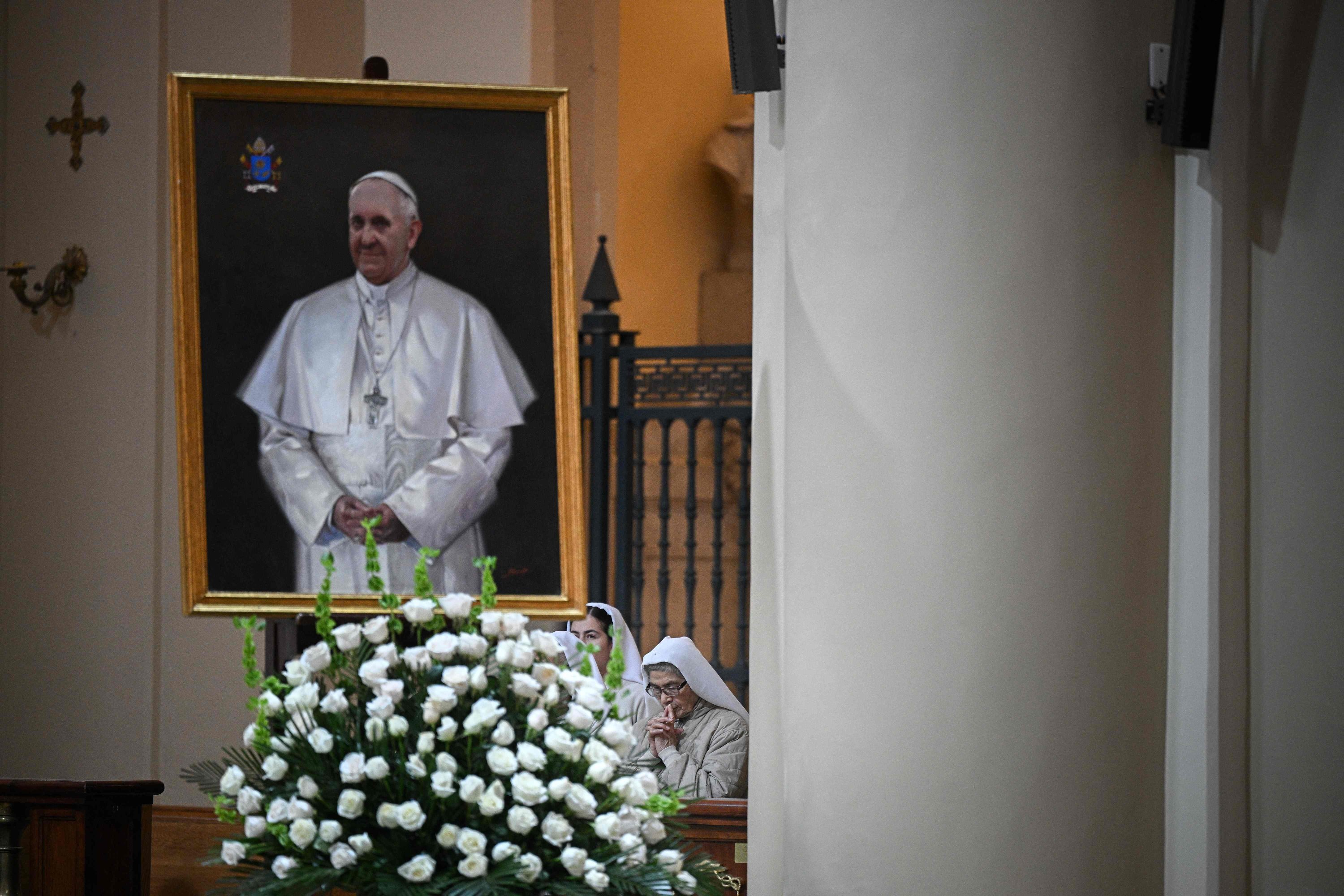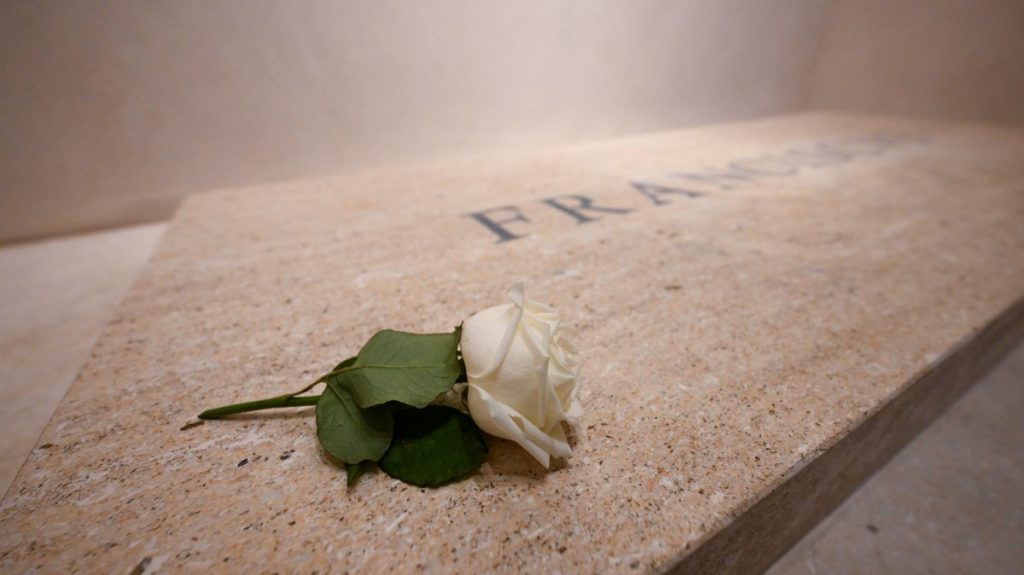During his time as the leader of the Catholic Church, Pope Francis stood apart from many of his predecessors. His mission was clear: compassion for all humanity, not just for Catholics. Throughout his papacy, he pursued an inclusive vision that reached across religions and nationalities. Yet, this approach also brought fierce criticism from opponents within the Church and beyond. Today, however, Francis is remembered with love not only by Catholics but also by people of other faiths around the world.
According to Catholic belief, the pope is the representative of Jesus Christ, who came into the world for love. In his mission, three words can define Pope Francis’s approach: courage, mercy and joy. His approach toward a few subjects, wars, the crimes within the Church, sinners and other religions can give us an idea of his papacy.
Pope against wars
Undoubtedly, one of the strongest tests of his leadership came during the war between Ukraine and Russia. Despite the conflict being between two Orthodox Christian nations, Pope Francis consistently called for peace, an end to the bloodshed, support for refugees and protection for children. His critics accused him of taking sides and interfering in matters where he had no place. Nevertheless, he continued to raise his voice for peace.
In Gaza, Francis showed the same compassion. He condemned the violence, expressed solidarity with fasting Muslims during Ramadan and demanded the release of Jewish hostages. When a Palestinian hospital was bombed while filled with civilians, he reacted strongly, sparking a wave of support among Catholics for Palestinian children. Across the world, Christians and Muslims protested side by side against the massacre in Gaza. This action was striking and unconventional. If today so many Christians protest for Gaza’s freedom, often defying their leaders and governments, much of this is due to the influence of Pope Francis.
The echoes of this action resonated with Muslims, evoking love. I first heard about his death from a French Muslim graduate student on social media, a young woman who had been protesting for Gaza and wrote, “You will always be in our hearts.” Such affection for a Pope from a Muslim voice would have been unthinkable in the past.
His action was politically critical and set a course for the global order, in such a way that the Catholic Church represents a powerful force, with 2.6 billion Christians globally and 1.4 billion of them being Catholic. As head of this vast community, the Pope holds influence over roughly a third of the world’s population. If Francis had chosen a radical path, as some critics might have preferred, he could have fueled a new religious war after Oct. 7. Instead, he rejected calls for a crusade from far-right voices in Europe, particularly Spain’s VOX, and chose the noble path of humanity and peace, just as Jesus would have.

Example for faithful
He distanced the Church from the Western Orientalist structure. He was a consistent character in both his words and actions. Unlike many others, he not only spoke of mercy and equality but also implemented them through his actions. In this regard, he became an example for the faithful. He emphasized respect for all religions, a move that drew sharp criticism from conservative Catholics. His symbolic gestures spoke volumes: washing the feet of Muslim and Hindu refugees during the Easter ceremony placed these believers at the same level as Jesus’s disciples. His visit to a mosque in Istanbul, where he removed his shoes and prayed alongside the imam, further underlined his message of religious equality.
On the other hand, at home, Francis also pushed the boundaries of tradition. He opened the Church’s doors to divorced Catholics and extended a welcome to LGBTQ individuals. He made a revolution by choosing to invite sinners instead of excluding them.
He placed justice before the name of the Church, and he was not afraid to confront dark chapters within the Church either. In 2018, he called for an end to the silence surrounding sexual abuse scandals, and in 2021, he established a special reform committee in the Vatican to ensure proper investigation of abuse cases. He kept reform-minded people close to him to ensure his vision would outlive him. For the first time during his papacy, the sexual abuse cases spanning many years in the past that had been kept secret within the Church were investigated by the state in Spain (2023) and France (2021), and hundreds of thousands of victims were identified. Prior to this, such investigations were strictly prohibited.
As for the character of the Church, during his papacy, it became more aligned with the world. Under Pope Francis, the Catholic Church began to evolve into a movement rooted in love and mercy. He transformed the Church from an institution that catered only to a specific group – an institution burdened by rigid, human-made rules and a sense of superiority that excluded others – into a faith reconciled with the world. His style was marked by kindness, simplicity, and joy. He frequently encouraged people to “touch hearts, support those in need, keep smiling, and radiate happiness.” That’s why we always saw him smiling.
As someone who has spent years studying the Vatican and radical Catholic communities, and has lived in Rome for academic research, I witnessed firsthand how Pope Francis’s influence made a difference. Unlike in many parts of Europe, migrants in Italy were not treated as outcasts – a testament to the values Francis promoted. Even under a right-wing government, Italy retained a more humane approach toward immigrants, thanks in no small part to the Pope’s leadership.
In summary, Pope Francis broke many taboos, opened the Catholic Church to the world, and spread a message of compassion beyond religious boundaries. He will be remembered not just as a pope, but as a global reformist symbol of kindness, justice and equality in the Christian world.
The world will remember your open heart and your smile, Pope Francis.


